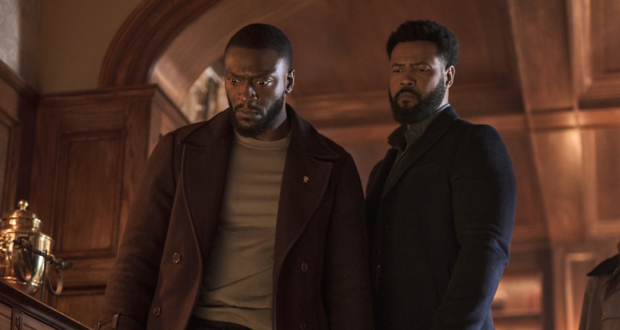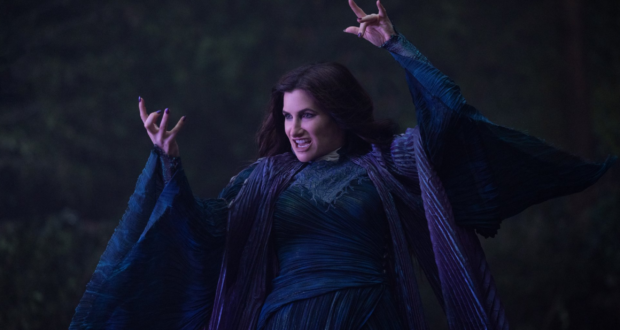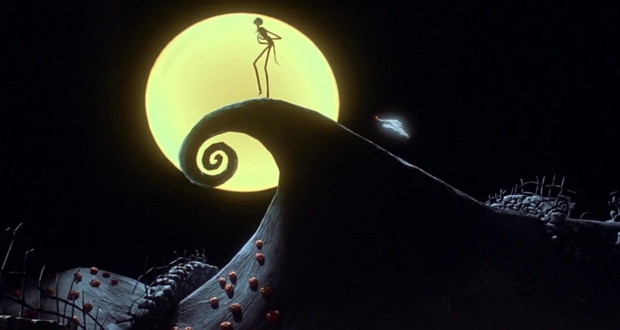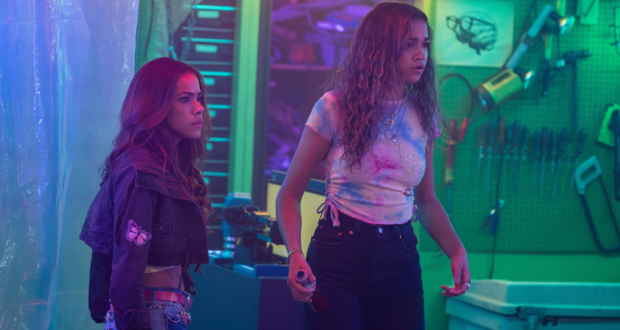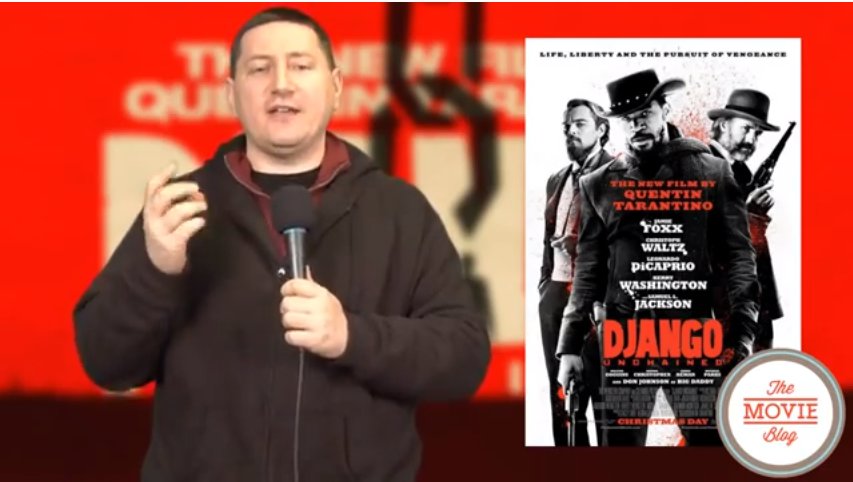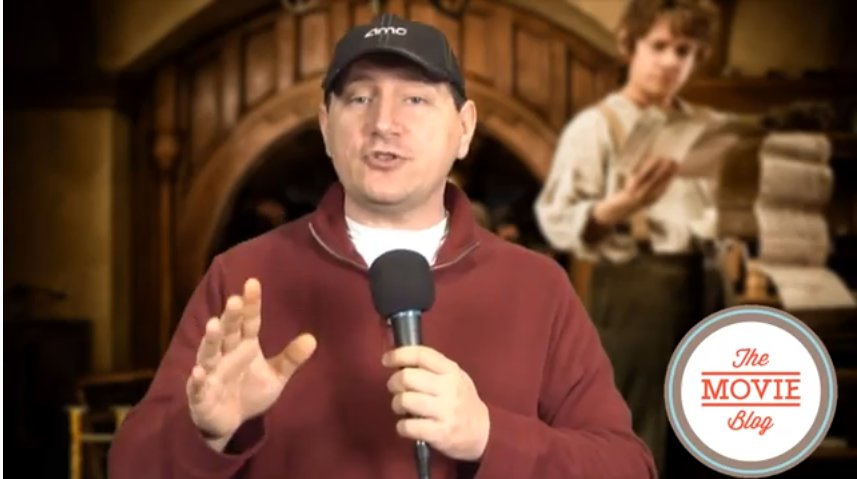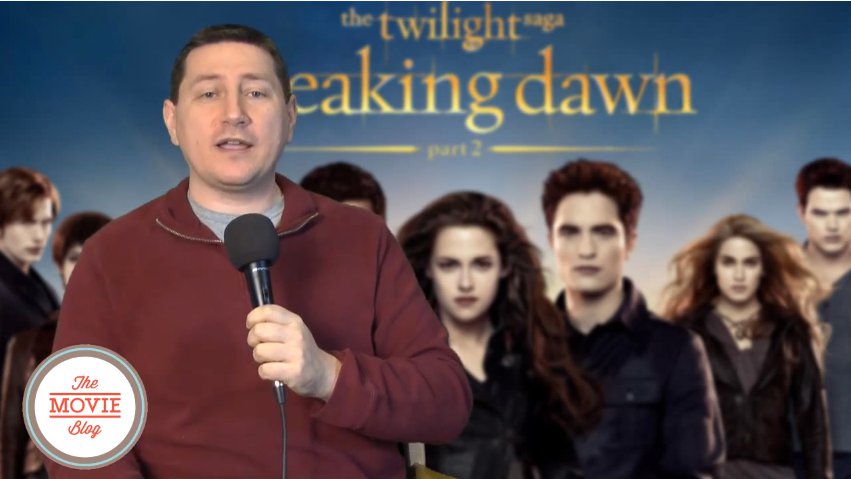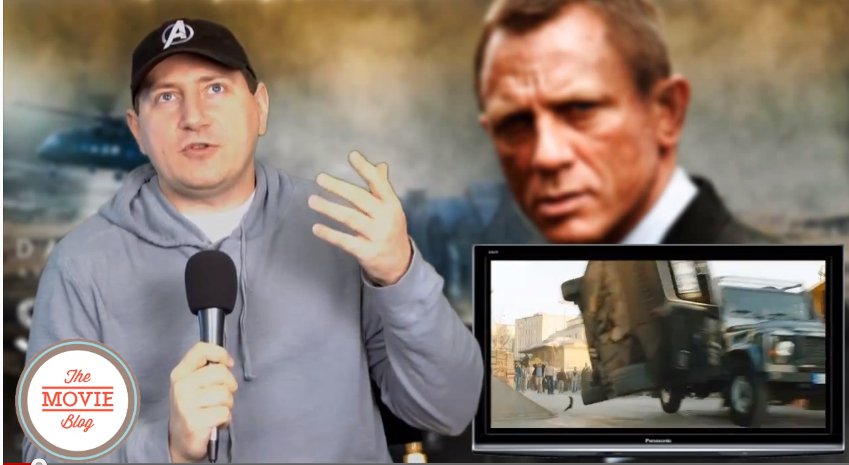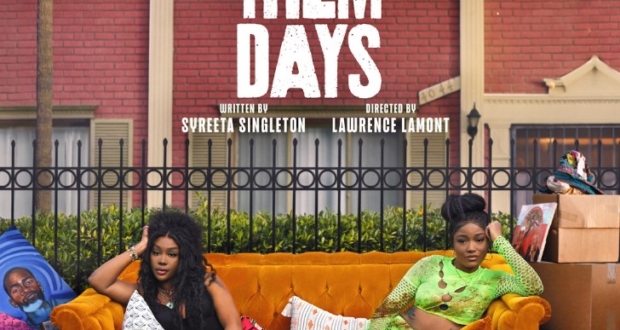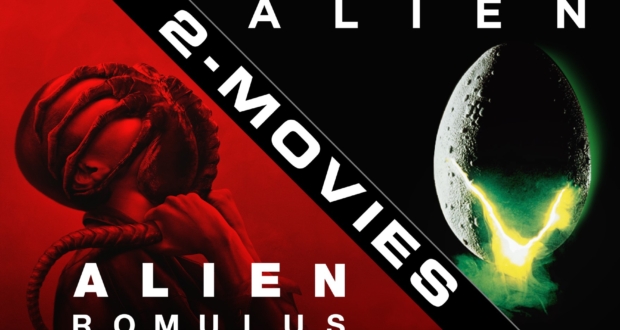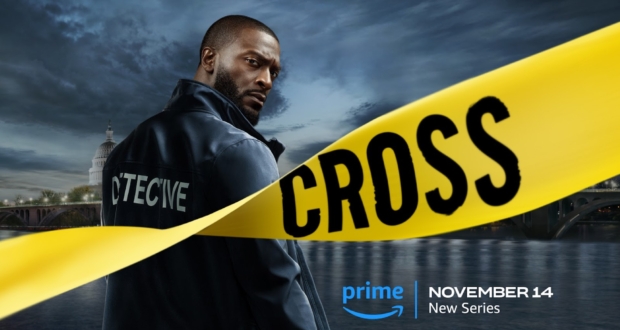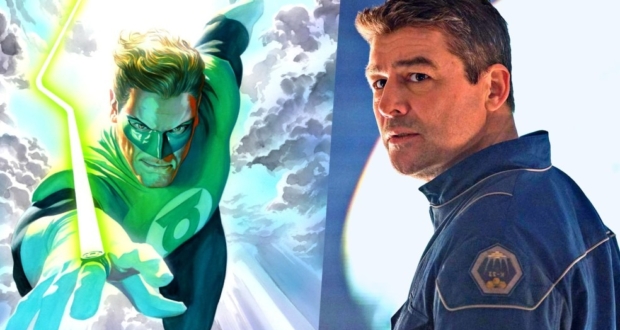 I would like to preface this review by saying that teenage girls are stupid. Or, at the very least, the teenage girls who were sitting next to me at The Village are stupid. Here’s a hint, girls: when a film goes out of its way to repeatedly demonstrate and state outright that a particular character is blind, well hey golly, it’s because that character is, in fact, blind. Suddenly looking up a solid hour into said film and loudly asking “Hey, is she blind? Is that girl blind? What’s up with that? Is she blind?” both reflects very badly on your level of intelligence and is extremely irritating to those people around you who have actually been paying attention to the film they just paid a wildly inflated price to watch. So don’t do it. Yes, she’s blind. Questioned answered. Move along.
I would like to preface this review by saying that teenage girls are stupid. Or, at the very least, the teenage girls who were sitting next to me at The Village are stupid. Here’s a hint, girls: when a film goes out of its way to repeatedly demonstrate and state outright that a particular character is blind, well hey golly, it’s because that character is, in fact, blind. Suddenly looking up a solid hour into said film and loudly asking “Hey, is she blind? Is that girl blind? What’s up with that? Is she blind?” both reflects very badly on your level of intelligence and is extremely irritating to those people around you who have actually been paying attention to the film they just paid a wildly inflated price to watch. So don’t do it. Yes, she’s blind. Questioned answered. Move along.
I should also point out that while I will not be talking any specific plot points here – you’re better served by not knowing very much going in – I will be talking some about themes within the film, and if you’re the attentive sort what I’ve got to say could give away some significant stuff. So if you don’t want to know, don’t read. Otherwise, continue on in …
Shyamalan, at this point, has become something of a victim to his own success. When The Sixth Sense hit that ending sent people through such a loop that they’ve been looking for Shyamalan to repeat the experience with every successive film. Well, here’s the thing. It’s not possible.
The Sixth Sense shocked people because they didn’t know what to expect and that initial surprise has been downplayed with every successive film – the law of diminishing returns in action – not because the later films aren’t as good, or because the writing isn’t as tight, but because it’s very nearly impossible to be surprised when you’re expecting to be.
This would be a problem if the twists were the point of Shyamalan’s films, but they’re not and honestly I don’t think they ever have been. The Sixth Sense is primarily a coming of age story looking at the pain of growing up different while also pointing out how we take life for granted; Unbreakable is about the nobility of the common man and the importance of being true to yourself; Signs is about the restoration of a man’s faith. The twists are really there as a simple narrative device to keep the audience paying attention to the underlying themes of the film and unfortunately a large segment of Shyamaln’s audience has entirely missed the point and gone looking purely for a shock that Shyamalan has little interest in providing and couldn’t provide even if he did want to.
The Village has received a highly mixed response to this point and every negative review I’ve seen thus far, every single one, revolves around the idea that Shyamalan has failed to surprise them. Well, get over it people. He’s not trying to and if you stop trying to impose what you WANT the film to be over top of what the film actually IS you’ll see that The Village is one impressive piece of work. That’s not to say there aren’t any surprises along the way – there are a few – just that the twists are not the underlying point so if you go in focused purely on those you’re going to miss that point entirely.
At its heart The Village is a morality play: a study on the nature of evil, what lengths people will go to to escape it, and how the very act of trying to escape from evil can both require and perpetuate the very thing you are trying to escape from. You could go as far as to read The Village as a continuation of the religious themes Shyamalan began to raise with Signs, particularly in the handling of Adrien Brody’s character. If you want to go that road watch the film bearing in mind the notion that mental illness is a mark of a special connection to God, a divine innocence, which was a belief common right up until modern times.
That’s pretty much as far as I’m willing to go down the plot and theme road for fear of spoiling the film, so on to other matters …
Shyamalan has assembled here a dead solid group of actors. Any cast that includes the likes of William Hurt – a fairly love or hate sort whom I happen to love – Brendan Gleeson, Sigourney Weaver and Adrien Brody in support roles is going to have high expectations on it and the cast here delivers on all counts. There is a hidden and repressed history between all the key figures and it comes through in quiet ways – looks exchanged, gestures aborted, awkward starts and stops – that are subtly effective. The real keys to the film, though, are the performances of the leads. It feels like it’s been a while since I’ve seen Joaquin Phoenix in anything and it’s good to have him back. He’s the sort of actor who never seems to be actually doing much of anything on screen but he has such a quiet intensity to him that his characters always stick around long after the film has ended. Yeah, he’s good. Absolutely anchoring the film, though, is the stunning performance of Bryce Dallas Howard. Yes, she’s Ron Howard’s daughter, and yes she was a last minute fill in for Kirsten Dunst but put those two things out of your mind. She’s incredible. She absolutely owns this role to the extent that this would be a radically different film, and likely far inferior, if Dunst hadn’t been tied up with Spider-Man 2 and I say that as someone who has a lot of respect for Dunst’s abilities. If she’s smart about choosing her future roles Howard is a major star in the making, emotive, fearless and intelligent.
As far as more practical matters Shyamalan is as close to a perfect technical film maker as is working today. He seldom wastes a frame, the cinematography is beautiful, every shot is perfectly composed and the music and editing are both exactly right. This won’t be the film to do it but it does confirm my opinion that it’s only a matter of time before a Shyamalan film takes home a stack of technical Oscars, cinematography likely being the first.
Is this his best work? No. It’s not the best film I’ve seen on this theme, either. But it is a good film. Very good, just remember not to check your brain at the door on your way into the theater.
